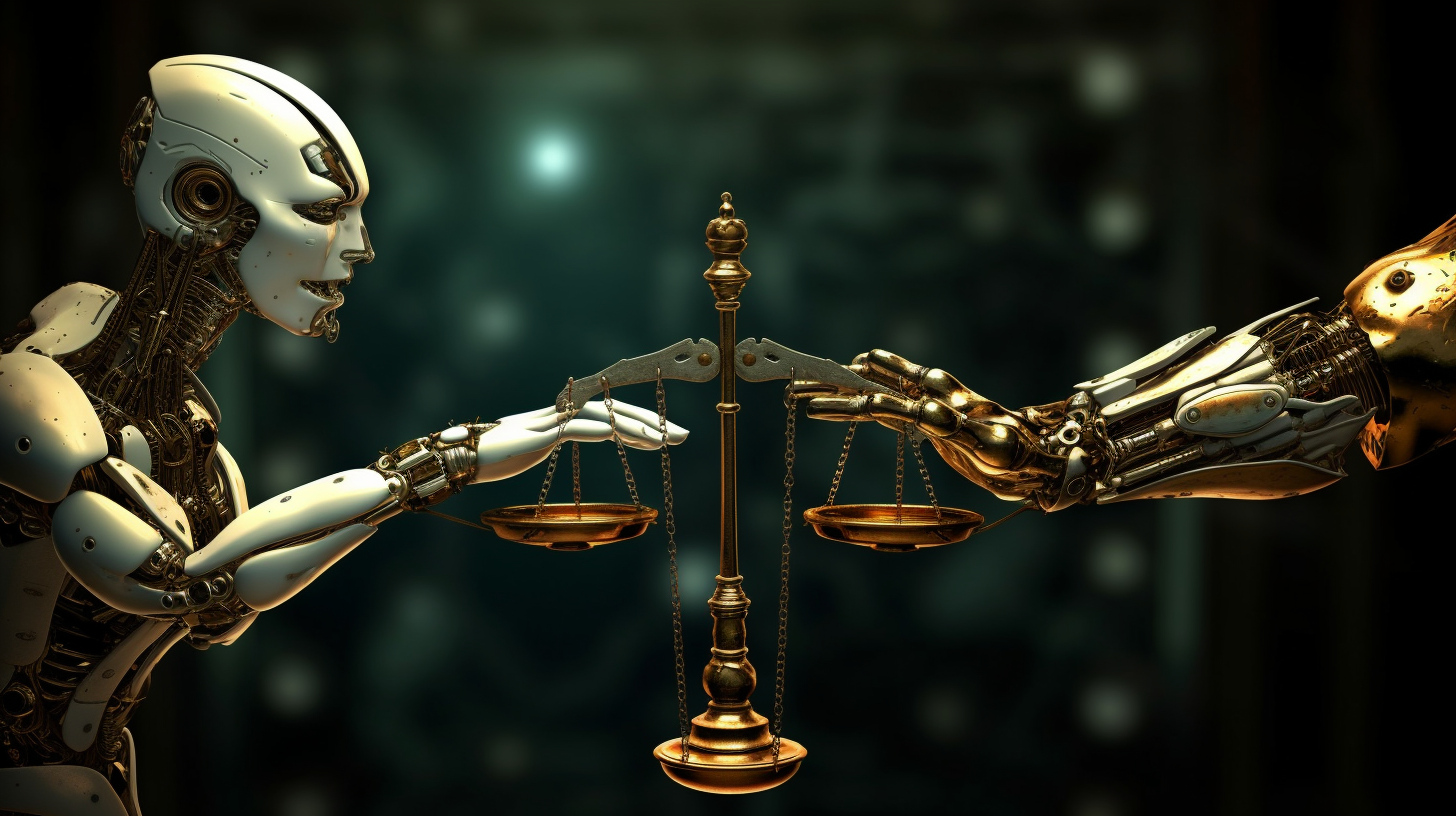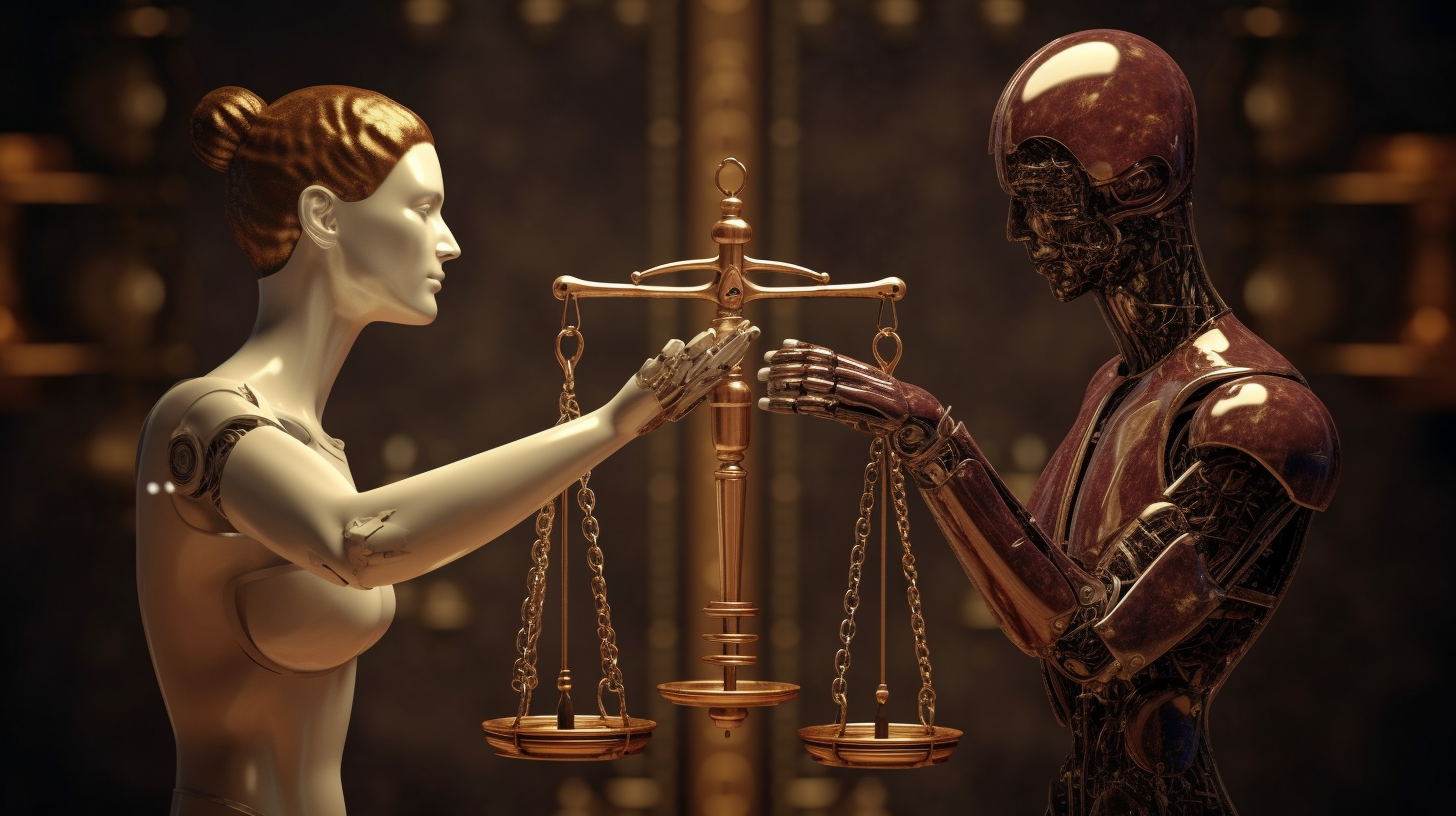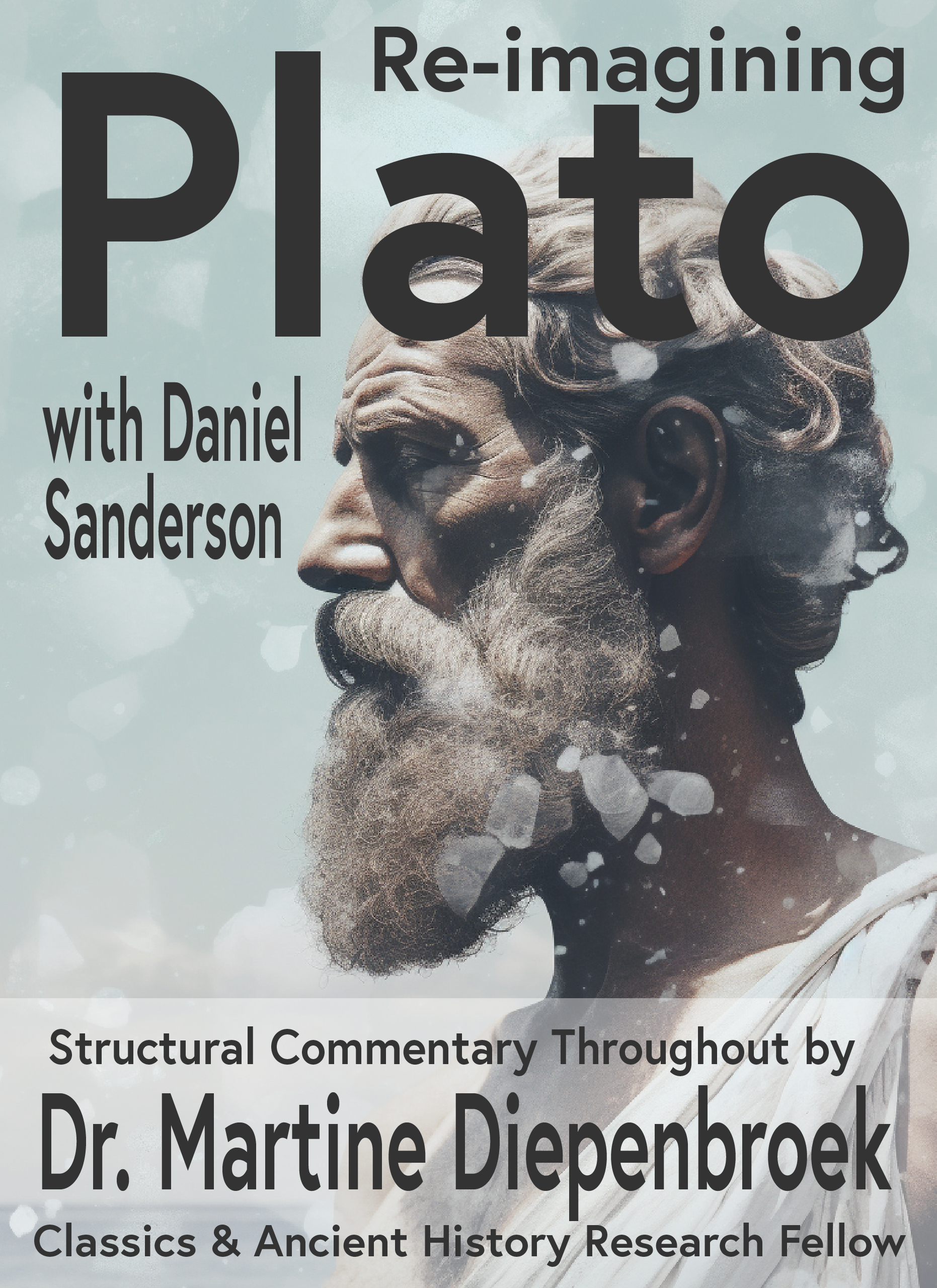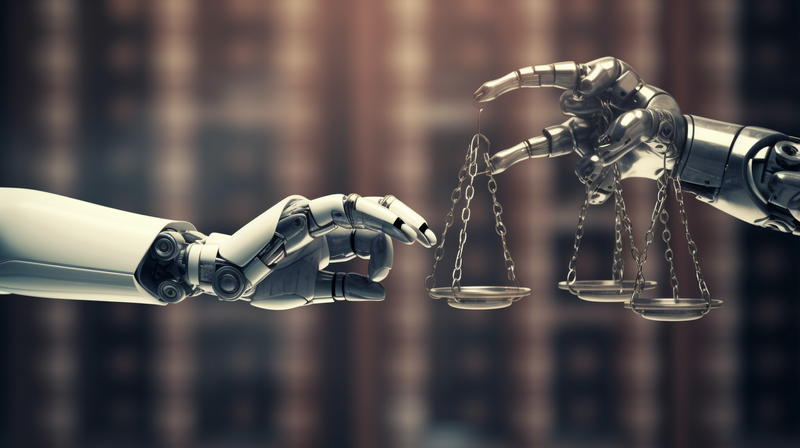The Ethics of Artificial Intelligence: Balancing Automation and Human Values
In the ever-evolving landscape of technology, the Ethics of Artificial Intelligence (AI) have emerged as a paramount concern. As we witness the rapid advancement of automation and machine learning, we must examine how we can strike a delicate balance between harnessing AI's benefits and upholding our core human values. In this article, we delve into the complex tapestry of AI ethics, exploring its challenges and opportunities and emphasizing the need for conscious decision-making to shape a future that aligns with our shared values.
The Promise of Automation:
Automation has long been hailed as a gateway to efficiency, streamlining processes, and augmenting human capabilities. Through the remarkable power of AI, tasks that were once laborious and time-consuming are now performed swiftly and accurately. In addition, AI systems have demonstrated proficiency in diverse fields such as healthcare, transportation, and customer service, revolutionizing industries and opening up new possibilities.
However, as we marvel at AI's remarkable achievements, we must pause to reflect on its potential implications. The delicate dance between automation and human values unfolds within this realm, calling for our thoughtful contemplation and proactive engagement.

The Moral Compass:
At the heart of AI ethics lies the need to establish a moral compass that guides intelligent machines' actions and decision-making processes. Just as humans adhere to ethical principles, imbuing AI with a code of conduct that respects fundamental values is crucial. Fairness, transparency, and accountability become paramount when navigating the intersection between human and artificial intelligence.
Fairness and Bias:
One of the central challenges in AI ethics revolves around fairness. As AI algorithms process vast amounts of data, they have the potential to reinforce preexisting biases or inadvertently introduce new ones. As creators and consumers of AI, we are responsible for ensuring that fairness is at the forefront of system development. Rigorous evaluation and continuous monitoring can help detect and rectify biases, promoting an equitable and inclusive society.
Transparency and Explainability:
Another crucial aspect of AI ethics is transparency. As AI systems become increasingly complex and autonomous, the ability to understand their decision-making processes becomes more vital. This calls for developing explainable AI, where algorithms justify their actions. By enabling transparency, we foster trust between humans and AI, demystifying the underlying mechanisms and ensuring accountability for the outcomes generated.

Accountability and Human Oversight:
While AI may possess exceptional capabilities, human oversight remains indispensable. The allocation of decision-making authority to intelligent machines should be carefully balanced, avoiding complete abdication of control. In addition, humans possess nuanced moral judgment and empathetic reasoning, attributes that devices lack. Therefore, we must retain ultimate responsibility for the actions and consequences of AI systems. Maintaining a sense of accountability protects us against potential misuse or unethical behaviour.
Preserving Human Values:
As we venture into AI ethics, we must preserve and uphold our core human values. In a world increasingly intertwined with automation, ensuring that technology serves humanity rather than diminishes it becomes crucial. AI should be harnessed to augment our potential, enhance our quality of life, and foster greater well-being. However, we must never lose sight of the intrinsic worth of human connection, empathy, and compassion.
Ethics in Action:
Collaboration and multidisciplinary dialogue are vital to affecting meaningful change in AI development and deployment. The responsibility of ethical decision-making extends beyond technologists and researchers; it requires the active participation of philosophers, ethicists, policymakers, and citizens. By engaging in constructive discussions, we can collectively shape AI's ethical guidelines and frameworks, promoting a future that aligns with our shared values.
Empowering Thought Leadership:
At our core, we are a philosophy and culture media outlet committed to empowering content creators to develop their skills in thought leadership. In the context of AI ethics, this mission takes on added significance. By providing a platform for diverse voices, we aim to foster an inclusive dialogue that challenges conventional thinking and drives the evolution of ethical AI practices. We encourage content creators to explore the moral dimensions of AI and contribute to the ongoing conversation surrounding its responsible use.

The Ethics of Artificial Intelligence stands as a defining challenge of our time. We must strike a harmonious balance as we navigate the intricacies of automation and human values. Through a commitment to fairness, transparency, and accountability, we can ensure that AI remains a force for good, elevating humanity while preserving our most cherished values. By embracing the responsibility to shape the future of AI with conscious decision-making and ethical considerations, we embark on a transformative journey toward a society where technology indeed catalyzes human flourishing.

Plato Re-Imagined
This course includes 32 lectures covering most of Plato's dialogues and allowing the student to return to something divine. Divinity should resonate with secular and religious leaders alike. I present a compatible approach in my lecture on Consilience.
Also included with this course is a free book. If you pay for the course, you will get a physical copy of the book for free, mailed to your chosen address — anywhere on the planet!






